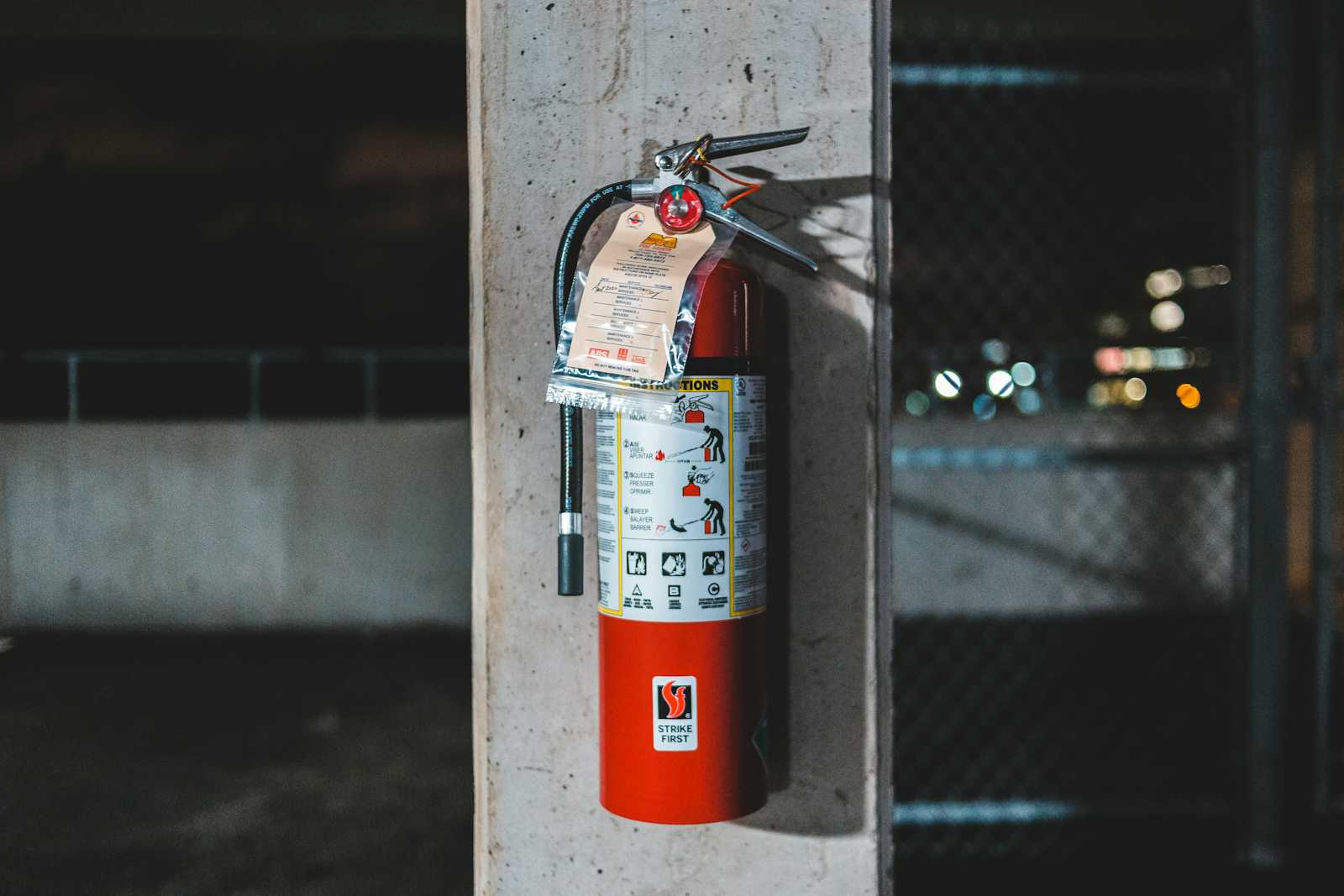Fire Safety
 Anshuman Sinha
Anshuman Sinha
Introduction
Fire safety is a crucial aspect of our daily lives, yet it is often overlooked until it's too late. Whether at home, work, or public spaces, understanding and implementing fire safety measures can prevent accidents and save lives. This blog explores essential fire safety tips and practices to help protect your property and loved ones.
Understanding Fire Hazards
Fires can start for various reasons, including electrical faults, unattended cooking, flammable materials, and careless handling of fire sources like candles and cigarettes. Identifying these hazards is the first step in preventing fires.
Essential Fire Safety Tips
1. Install Smoke Alarms
Smoke alarms are vital for early detection of fires. Install them in every room and hallway, especially near bedrooms. Test them monthly and replace the batteries at least once a year.
2. Have a Fire Extinguisher
Keep a fire extinguisher in easily accessible locations, such as the kitchen, garage, and near exits. Ensure you and your family or coworkers know how to use them.
3. Create an Emergency Plan
Develop a fire escape plan that includes at least two ways out of every room. Practice the plan regularly with all household members or coworkers. Designate a safe meeting point outside the building.
4. Be Cautious with Cooking
Cooking is a leading cause of home fires. Never leave cooking unattended, and keep flammable items away from the stove. If a grease fire occurs, cover the pan with a lid and turn off the heat.
5. Electrical Safety
Check electrical cords and outlets regularly for damage. Avoid overloading outlets and use surge protectors. Turn off and unplug appliances when not in use.
6. Proper Storage of Flammable Materials
Store flammable materials like gasoline, paint, and cleaning agents in well-ventilated areas away from heat sources. Use appropriate containers and follow the manufacturer's instructions.
7. Safe Use of Heating Equipment
Keep portable heaters at least three feet away from anything that can burn. Turn off heaters when you leave the room or go to bed. Ensure fireplaces have a screen to prevent sparks from escaping.
8. Regular Maintenance
Regularly inspect heating systems, chimneys, and electrical installations. Hire professionals to perform maintenance and repairs.
Fire Safety in the Workplace
Workplaces have unique fire hazards depending on the industry. Employers must ensure that fire safety protocols are in place and that employees are trained to respond to emergencies. Key measures include:
Conducting regular fire drills
Maintaining clear exit routes
Properly labeling and storing hazardous materials
Installing and maintaining fire detection and suppression systems
What to Do in Case of a Fire
If a fire occurs, follow these steps to ensure your safety:
Stay Calm: Panic can lead to poor decisions. Stay focused and think clearly.
Alert Others: Yell "Fire!" to alert everyone around you.
Exit Immediately: Leave the building through the nearest safe exit. Do not use elevators.
Stay Low: Smoke rises, so stay low to the ground to avoid inhaling toxic fumes.
Call 911: Once you are safe, call emergency services and provide them with your location.
Do Not Re-enter: Never go back into a burning building. Wait for professional help.
Conclusion
Fire safety is a shared responsibility that requires vigilance and proactive measures. By following the tips outlined in this blog, you can significantly reduce the risk of fire and ensure a safe environment for yourself and others. Remember, preparedness is the key to preventing and surviving fires. Stay safe!
Subscribe to my newsletter
Read articles from Anshuman Sinha directly inside your inbox. Subscribe to the newsletter, and don't miss out.
Written by

Anshuman Sinha
Anshuman Sinha
Software Developer who previously worked as an SDE Intern at a consulting firm and as a Data Science intern at an IT Firm. Currently pursuing BCA from Amity University Patna.